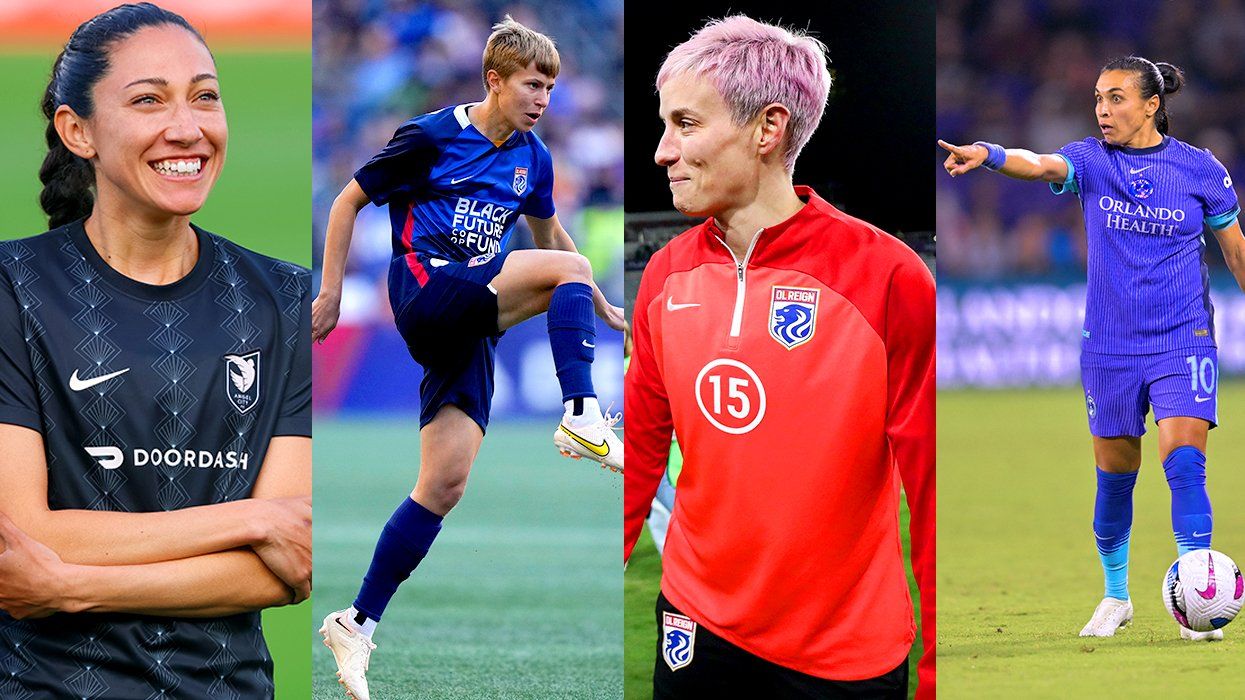Martin Luther King Day. This is a day to make us think. Every year I re-read Dr. King’s "Letter from a Birmingham Jail" to remind myself of both what my role must be as an activist and that our oppression as lesbians/LGBT people is not over.
My parents were civil rights workers, so Dr. King was an icon in our home. Through my parents work, I was fortunate to have met some amazing people. (I was far too young to know how amazing they were at the time, but as an adult their names resonated.) I learned activism from my parents and them as I sat on the floor of our little row house that was filled with cigarette smoke and the smell of stale coffee, stuffing envelopes and watching my father make picket signs and my mother mend clothes that had been given to our church to be sent to Mississippi.
When I was a young child, these people–my parents and the women and men they were fighting for–were risking their lives for justice and freedom. It was a fight that would kill four young black girls, Addie Mae Collins, 14, Cynthia Wesley, 14, Carole Robertson, 14 and Denise McNair, 11, in a racist bombing in the 16th Street Baptist Church in Birmingham, Alabama on Sept. 15, 1963.
They were older than my sister and I, but they were there in their church that morning, just like we were in ours. And then they were dead. To this day I cannot listen to Joan Baez singing "Birmingham Sunday" without sobbing. (You can listen to her haunting song here, and see a photo array of the girls, courtesy of the Birmingham Public Library Archive.
Their murders came five years before the same kind of hate would take Dr. King’s life when he was 39–only a decade older than my parents, with four young children, the youngest of whom were the same ages as my sister and myself.
I learned activism in those earliest years of my life. I learned that there were clear parallels between our family, which was poor, but white, and the families of my parents friends, who were black. I was schooled about racism early. I came home from my Catholic school one day and asked my mother what a "n-word lover" was. I was in the fourth grade and one of my classmates had shoved me, calling me that. "No one wants to play with you, ’cause you’re a n-word lover."
The slap from my mother was reflexive on her part, I realized a few years later. "Don’t ever say that word in this house or anywhere else again. Do you hear me?"
My mother was in the midst of a battle for people’s lives and that word, that awful word, was at the core, emblematic of the violence of those years. She didn’t want that word in our house.
But it was obviously in the houses of my classmates.
I learned activism from my parents. Not just from that slap, but from what I witnessed. Activism surrounded me as a child and it was no secret, which is why my parents got death threats and I got name-called (that was just the first time) and my parents got arrested in protests. It was not just my parents I learned from, though, but the people who were their friends and colleagues, the priest at our church. The music that played in our house–mostly folk and protest songs by performers of all races–provided the background to the struggle they were engaged in. I grew up singing songs none of my peers knew because their houses were not like mine, their parents were not like mine.
And there were stories I heard, stories that shouldn’t have existed. One of my mother’s closest friends was a black woman activist from Mississippi. She would stay at our house when she was in Philadelphia.
She was tall–maybe six feet–made taller by the stiletto heels she always wore and her hair piled up on her head in a French twist.
I loved her and I loved when she stayed with us, even though she slept in my room and I had to sleep on the floor in a sleeping bag. She was funny and had a low deep laugh and she would sometimes sing along with my mother to the songs they played and their voices together were so beautiful.
But whenever she stayed with us our cat had to be kept in the basement because she was afraid of cats.
One night when she was there it was snowing outside and my bedroom had that blue-white light in the darkness from the cast of the snow. We were both awake and I asked her–in the way children baldly do–how she could be afraid of a cat when she was so tall and they were so small.
I heard the intake of her breath. I know now she was probably deciding if she should tell me the truth or make up a story. I know now she was wondering if the eight-year-old blonde white girl lying in a sleeping bag on the floor was old enough to understand what hate can do.
She decided to tell me.
It was a simple story, really. Simple, yet horrific. One day some boys grabbed her and put a bag over her. Potato sacking. She was only a little older than me, she said. The bag covered her completely and she couldn’t get out of it right away.
She wasn’t alone in the bag, though. They’d put a cat in it. And the cat wanted to get out even more than she did. She was badly clawed and scratched before she could break free.
Outside the bloodied, screaming darkness of the bag, the boys were laughing.
That was why our cat stayed in the basement when she came to visit us.
That story, Birmingham Sunday, the assassination of Dr. King, being called "n-word lover" and being punched and slapped at school, sitting on the floor in a swirl of cigarette smoke stuffing envelopes as Joan Baez or Odetta sang in the background. Those are my earliest memories of activism.
A decade later I would be an activist myself, in a different movement, my own movement. I would be expelled from my all girls’ high school for being a lesbian and I would bear a different kind of witness to discrimination as not one of my lesbian teachers stood for me, not one of the other lesbian students stood for me.
I re-read Dr. King’s "Letter from a Birmingham Jail" because it’s so instructive. It tells us how to be activists, how to deal with the people who are our friends who stand by as we are victimized, even as we know they know better.
In my early activist years I was arrested for protests. I was first arrested at 14 and by the time I was 30 I have no idea how many times I’d been taken in for this or that protest.
Dr. King’s essay, his direct letter to white Birmingham, is not to the racists, it’s to the allies. It’s to the people who were supposed to be fighting with him.
I find this passage speaks directly to us as LGBT people who still are not equal in society, even this big multi-cultural democracy. Dr; King wrote, "Lamentably, it is an historical fact that privileged groups seldom give up their privileges voluntarily...We know through painful experience that freedom is never voluntarily given by the oppressor; it must be demanded by the oppressed."
In other words, there is no "right time" to sit around and wait for straight people–even our allies–to decide they have, to use President Obama’s word, "evolved" enough to grant us what should be our birthright: equality in all things. Not just marriage or the military, but everything. That we deserve the right not to be discriminated against and assaulted and even killed.
One of Dr. King’s most famous lines comes near the end of the essay when he writes: "For years now I have heard the word ‘Wait!’ It rings in the ear of every Negro with piercing familiarity. This ‘Wait’ has almost always meant ‘Never.’ We must come to see, with one of our distinguished jurists, that ‘justice too long delayed is justice denied.’"
Replace the word "Negro" with "lesbian."
We are in the same place Dr. King was April 16, 1963 when he wrote that letter. Justice delayed for LGBT people continues to mean justice denied. Whether it’s Utah and Oklahoma telling lesbian and gay couples who have already married that they must "wait" until the courts decide what was already decided in June 2013 by the U.S. Supreme Court or whether it is every LGBT person in America waiting for Congress to pass ENDA more than two decades after it was first proposed and the president we helped elect saying that it’s better that he not get involved and let Congress deal with it...that’s our justice being delayed and denied.
Dr. King ends his letter with this: "Let us all hope that the dark clouds of racial prejudice will soon pass away and the deep fog of misunderstanding will be lifted from our fear drenched communities, and in some not too distant tomorrow the radiant stars of love and brotherhood will shine over our great nation with all their scintillating beauty."
People still fear us. People still think we can choose to be straight if we want to. People still think our being married or having children is immoral and damaging. Vladimir Putin just said on Jan. 17 in an interview with ABC News anchor George Stephanopoulos that gays and pedophiles should stay away from the Sochi Olympics.
And there is so much more.
Rosa Parks sitting at the front of the bus began the Montgomery bus boycott that Dr. King led. We know now that she was chosen to do this, but we also know that in doing it she risked her life. Every person in the battle for black civil rights in those days risked their lives.
We may not see the fight for our rights in the terms that black civil rights leaders did. Then again we may. Certainly the urgency feels as great to me as it seemed to feel for my parents and their friends in the 1960s. Certainly we have our dead to lament, be it Matthew Shepard or Sakia Gunn or Brandon Teena or all the gay men lost to AIDS or the lesbians lost cancer.
And so when you contemplate what to do on this Day of Service, if you do nothing else, read "Letter from a Birmingham Jail." Listen to "Birmingham Sunday." Remember our LGBT dead.
And know that Dr. King’s words still resonate 50 years later. And that our own freedom has yet to be won, our own justice is still being denied.
What will you do to end it?
Victoria A. Brownworth is an award-winning journalist, editor and writer. She has won the NLGJA and the Society of Professional Journalists awards, the Lambda Literary Award and has been nominated for the Pulitzer Prize. She is a regular contributor to The Advocate and SheWired, a blogger for Huffington Post and a contributing editor for Curvemagazine and Lambda Literary Review. She won the 2012 Moonbeam Award for historical/cultural fiction for From Where We Sit: Black Writers Write Black Youth. Her novella, Ordinary Mayhem, won Honorable Mention in Best Horror 2012. Her novel, After It Happened will be published in fall 2014. @VABVOX






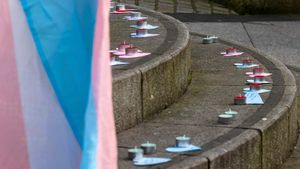

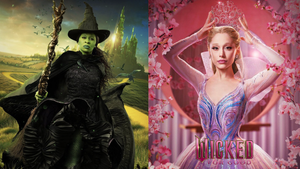

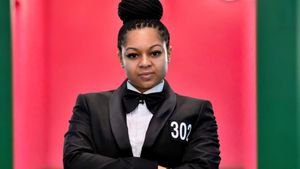

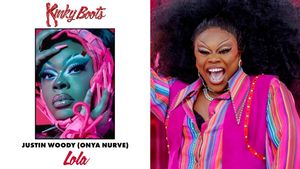
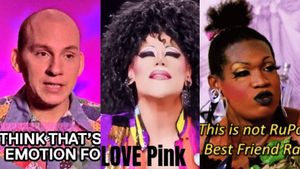
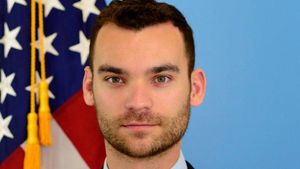
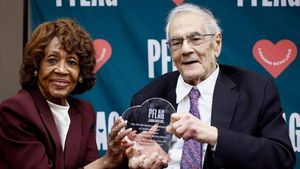
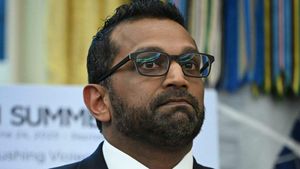
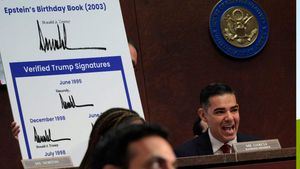









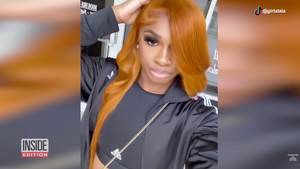











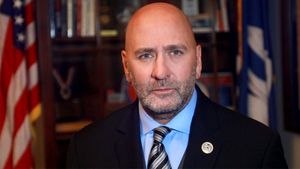
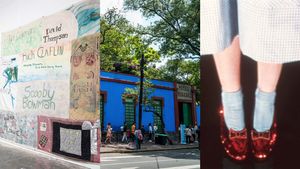





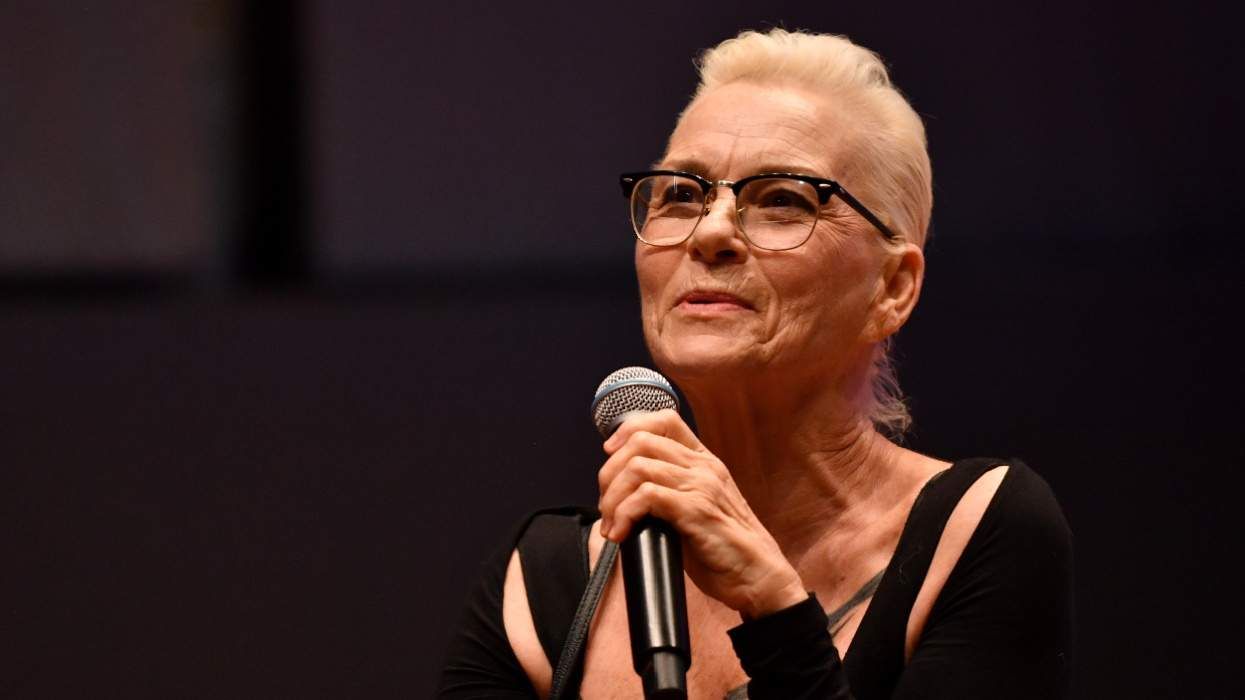
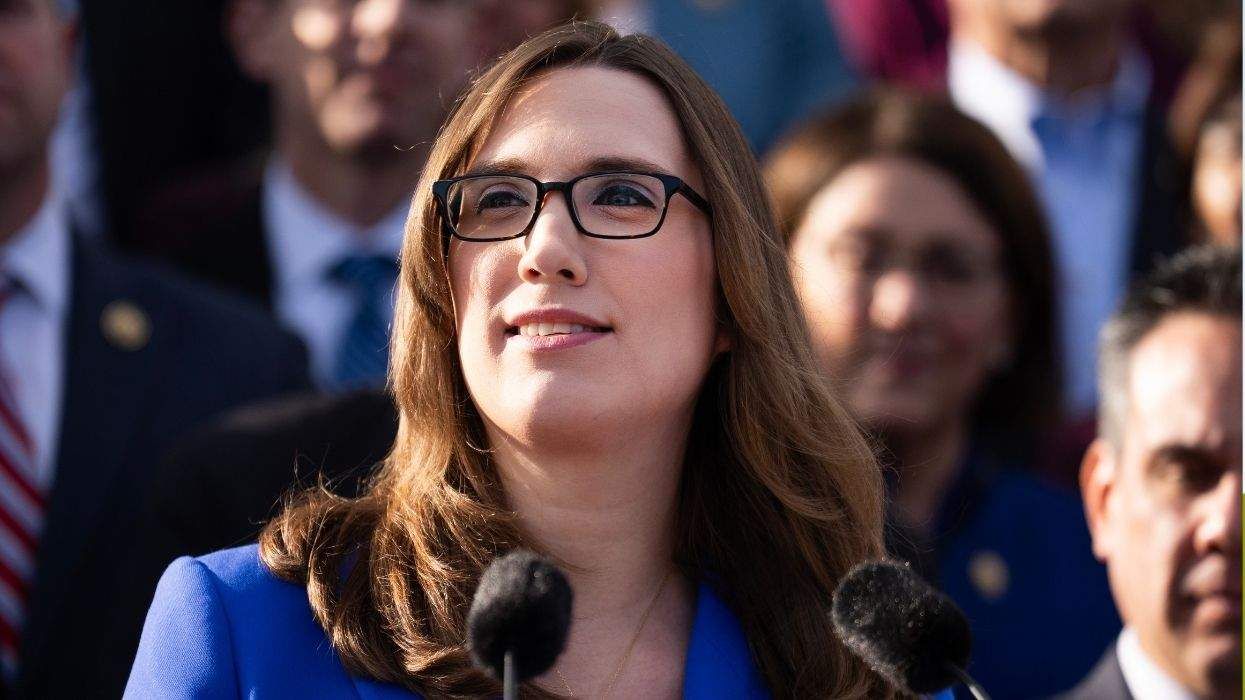
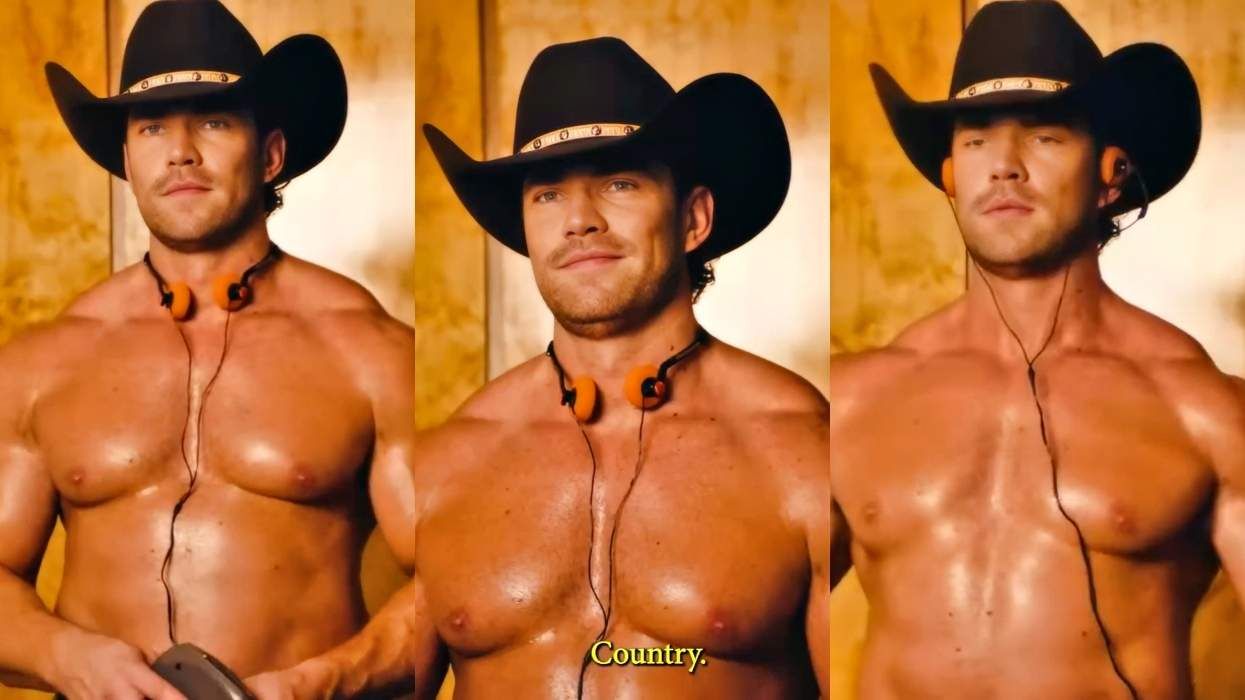
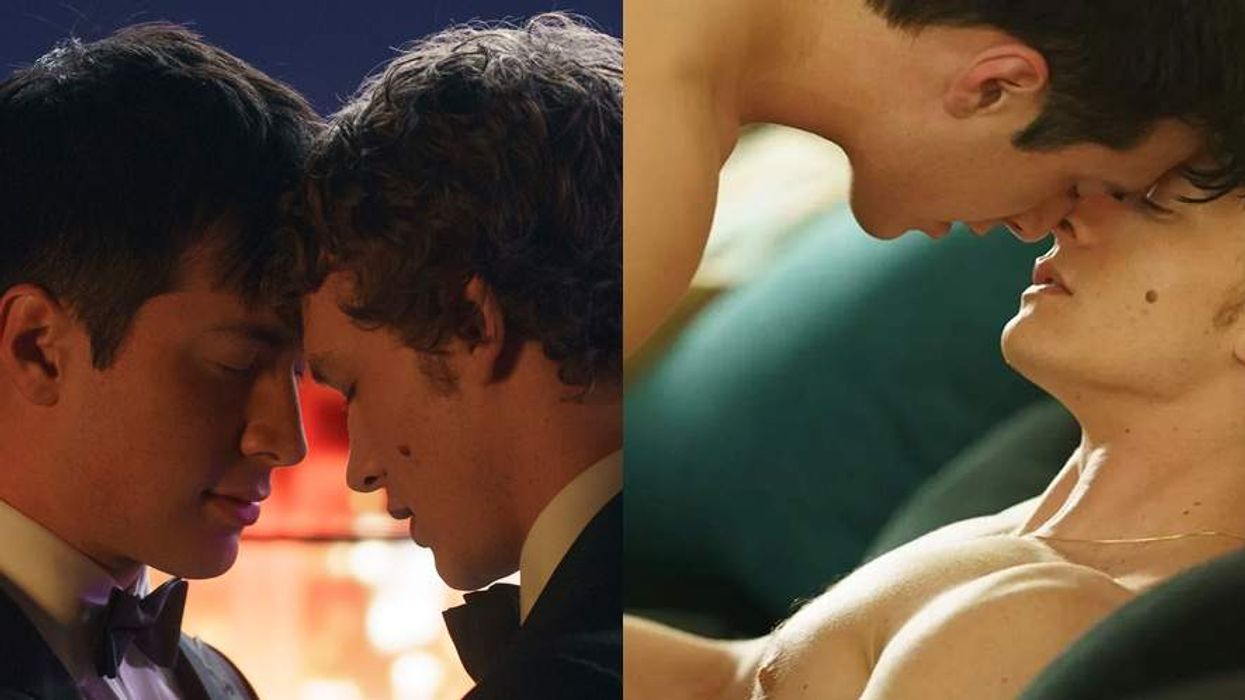






























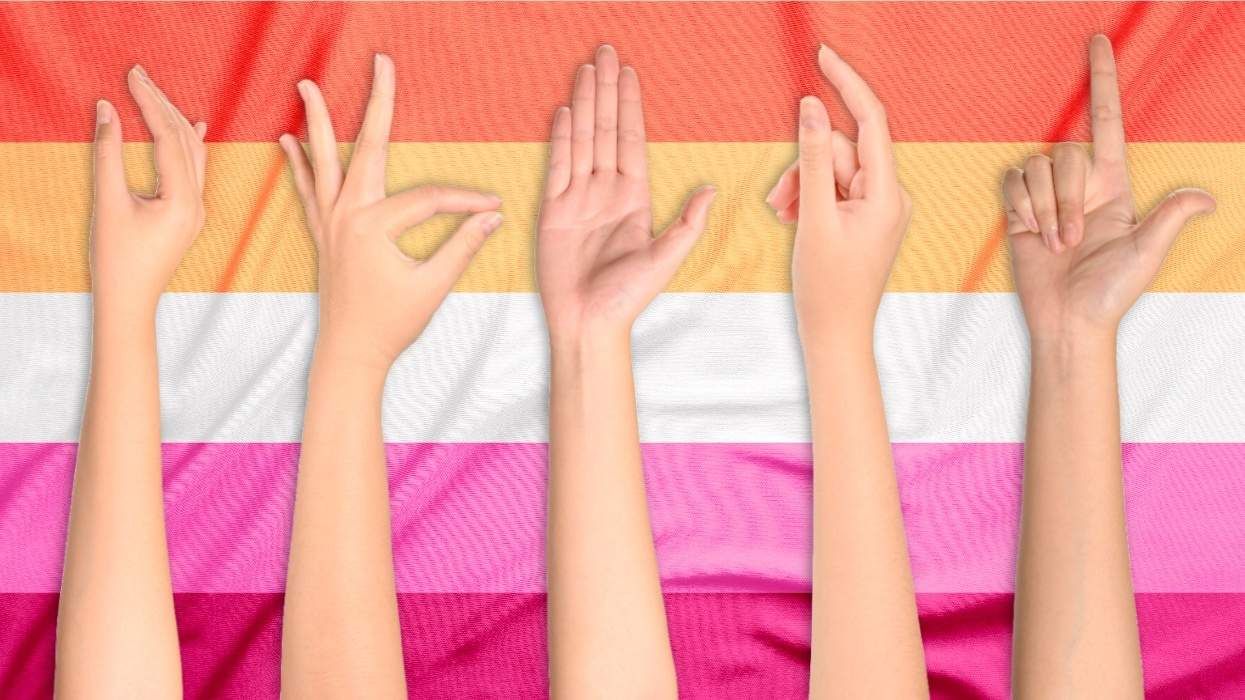
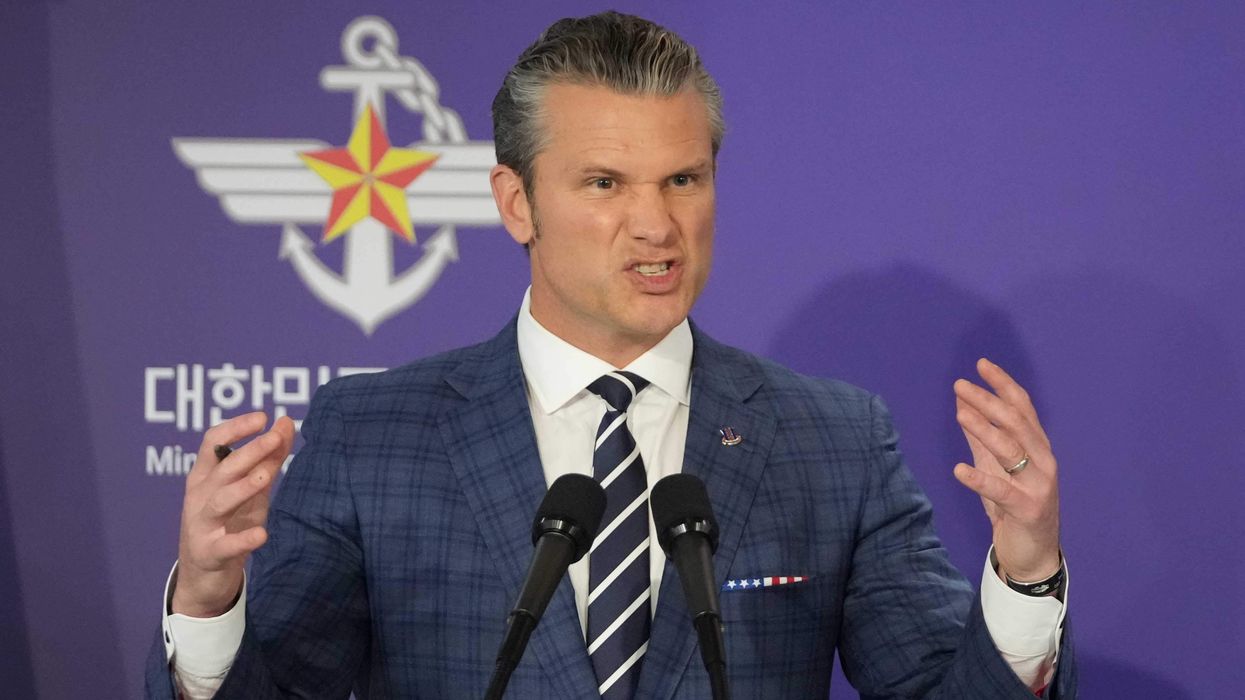
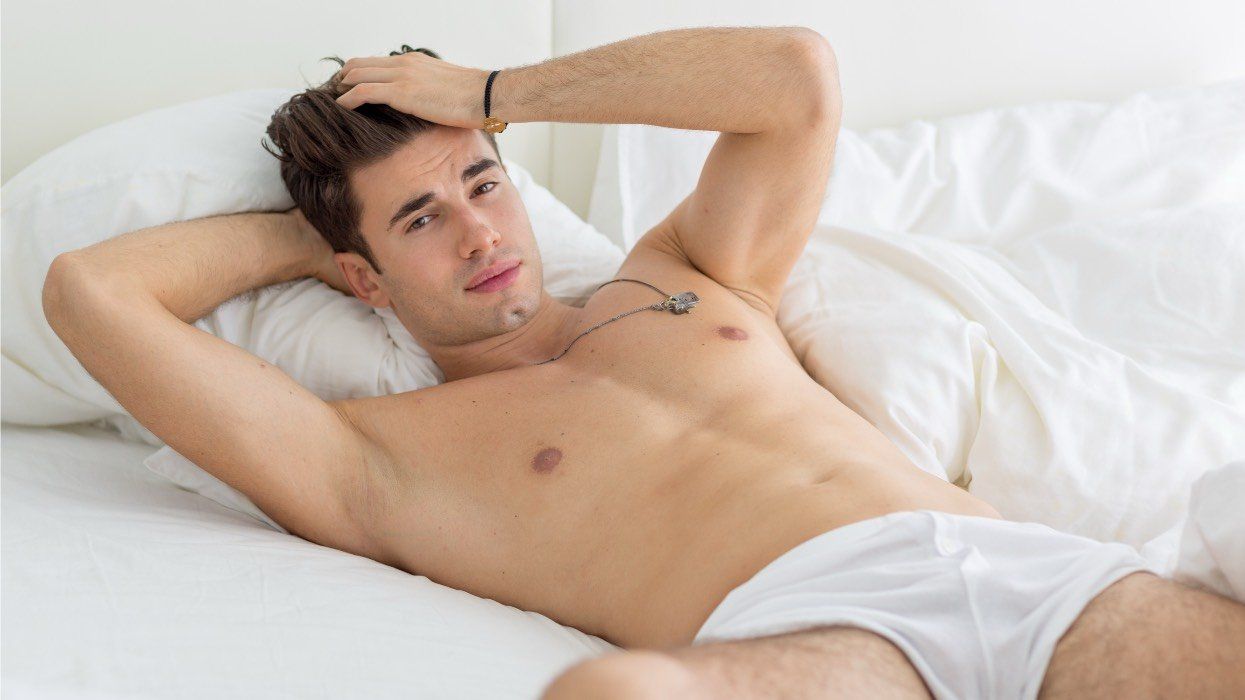
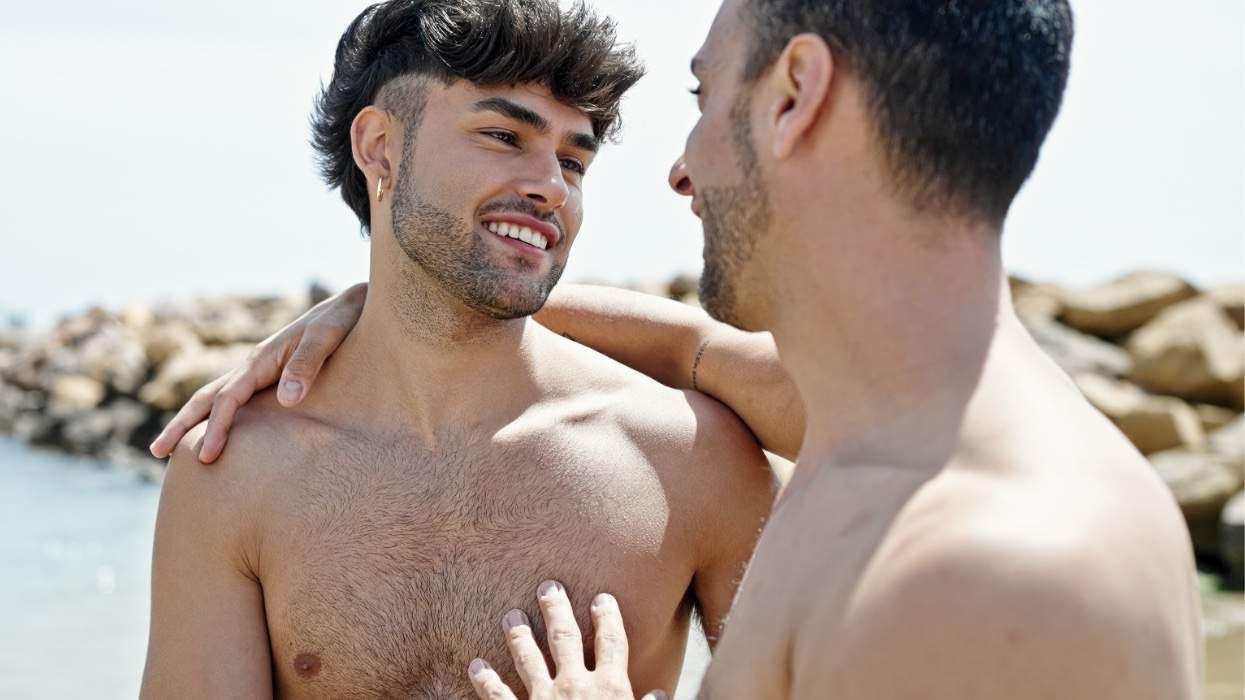
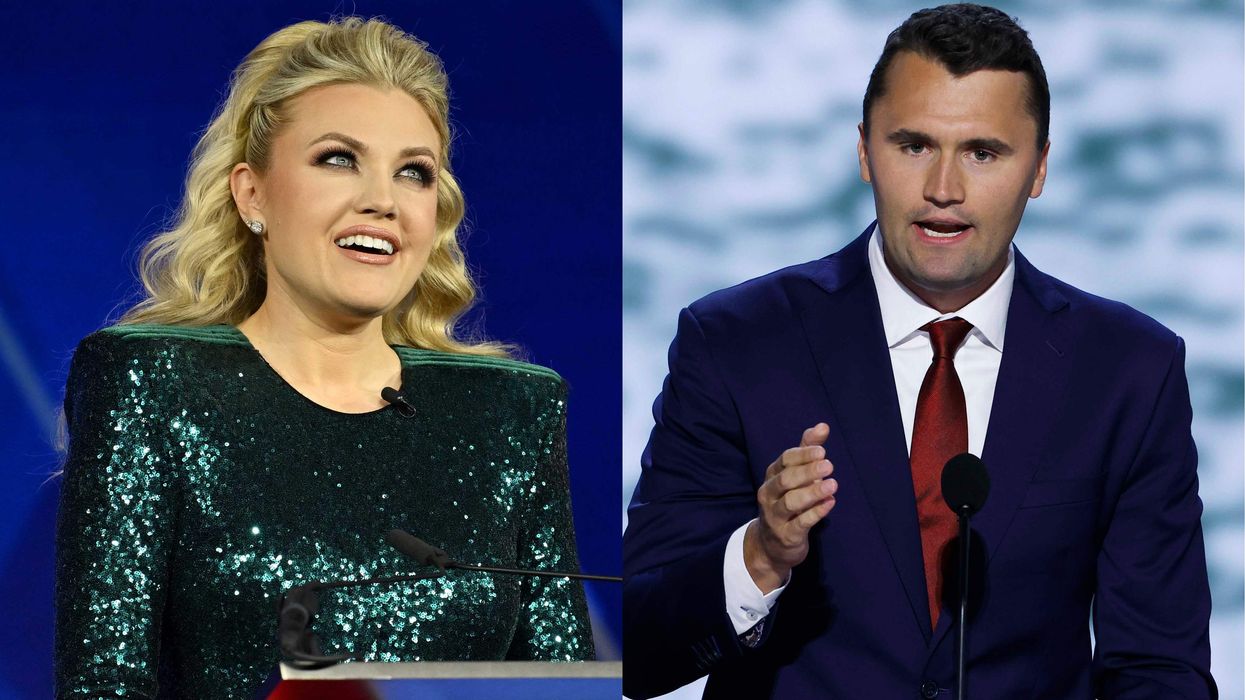


 Cindy Ord/Getty Images
Cindy Ord/Getty Images
























